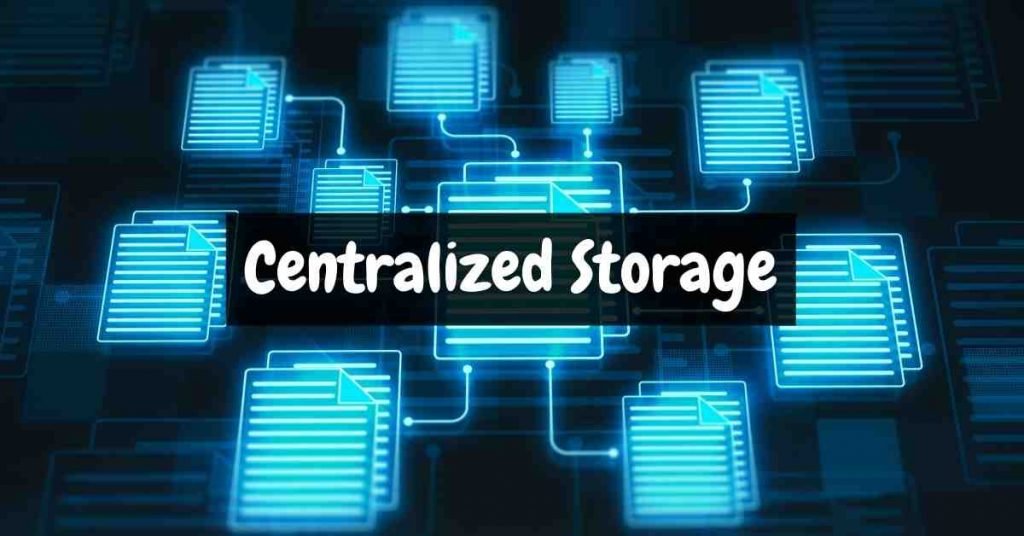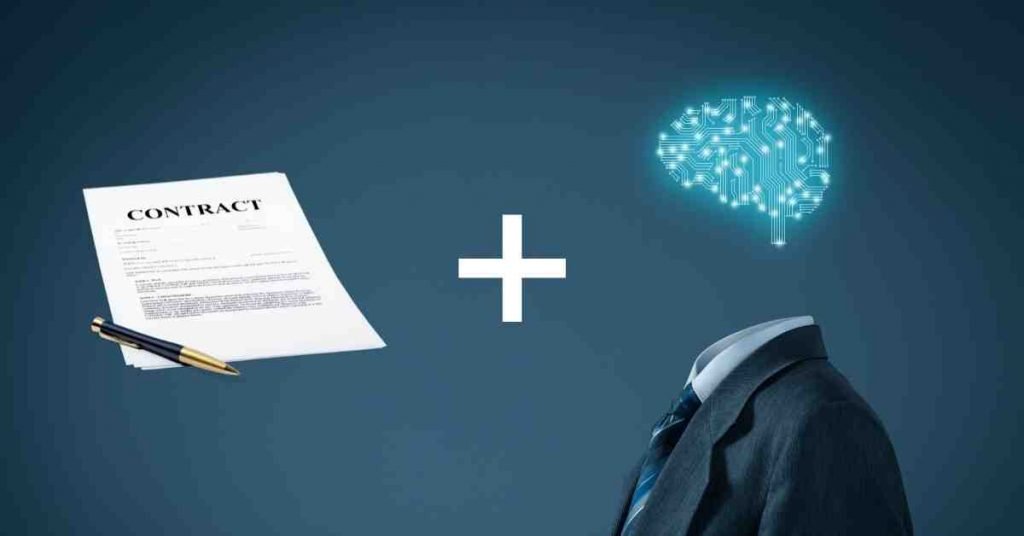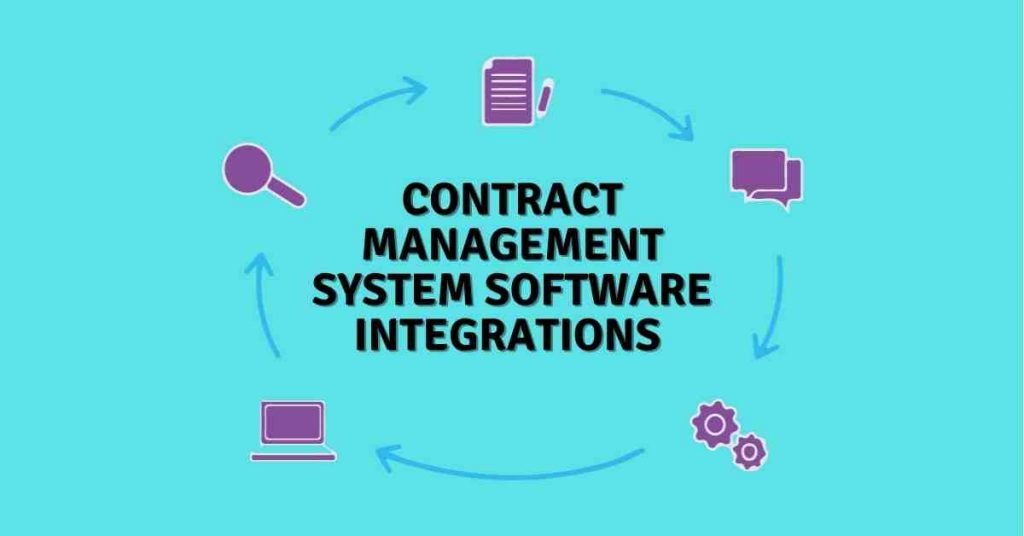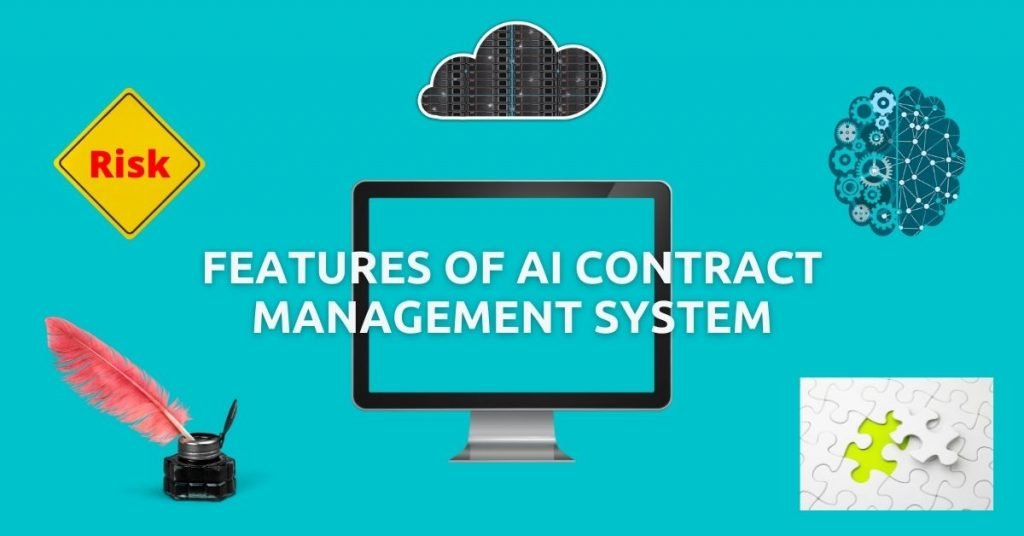What are your most significant challenges in contract management?
It reaches a point when a company transcends the growth expectations of a business manager. With more operations coming in, the volume of contracts proliferates.
Suddenly you realize that you cannot manage all these contracts with traditional contract management systems.
You need more legal professionals to scrutinize contracts and ensure compliance. Meanwhile, your document storage system is a mortifying mess that drags your entire company’s productivity.
A survey by World Commerce and Contracting revealed that companies lose 9.2% of revenue annually due to poor contracting.
How about the human hours wasted and opportunities missed?
If you conduct a comprehensive business analysis of how your contract management inefficiencies affect your business, you might be surprised at how much more goes to waste.
It’s about time you look into an AI-based solution to redesign your contract management system. Find an effective software with contract management system features that check your most important boxes.
In this article, I’ll take you through 5 must-have features of an AI-based contract management system.
1. Central Repository
How does it feel when you can’t remember where you placed a contract?
If you don’t have a centralized position to store all your contract documents, you’ll often have difficulty locating contracts.
A Mckinsey report found that workers spend 19% of their workweek searching and gathering information.
Disorganization is costly. You could lose a client.
A centralized repository is one of the most crucial contract management system features you should consider.
All contracts are stored in one location where they can be easily accessed, modified, and tracked.

AI tools will take it a notch higher by automating the classification process. For instance, it can identify the types of contract based on pattern recognition of how it is written.
You can manage contracts more effectively because it can easily access and analyze them through intelligent document processing.
An efficient contract lifecycle system should provide essential features to track contractual obligations and manage approval processes.
The U.S Pharmacopeial Convention was manually viewing and handling contracts without a central point of storage. They approached Corcentric to provide a centralized repository.
Following the integration of Corcentric’s CML, the company could manage documents and legal templates efficiently from anywhere.
They also built policies around compliance and infused them into the system
2. Risk Mitigation
One of the most delicate aspects of business is risk management.
As a company grows, it deals with more contracts that can open contractual weaknesses, causing a crisis if not managed properly.
Contract management practices are important to avoid situations such as
- compliance failures
- inefficient approval workflows
- ineffective reporting
all of which can have devastating effects on the company.
For instance, a single event of non-compliance can cost a company $4 million while the total financial impact can exceed $14 million.
Therefore risk management is an absolute necessity in contract management system features to look for.
In conjunction with centralized storage, risk management tools will help you identify risks associated with non-compliance.

For instance, AI contract analytics software can review your organization’s contracts, extract unstructured data, convert it into structured data and insights, which are instrumental in improving the efficiency of legal teams.
You can significantly reduce the risks associated with human errors when processing contracts.
BP plc, a British Oil company, was experiencing an increasing number of contracts to process. They needed a solution that would streamline contracts processing while reducing contractual risk.
After working with ContractAI, they saved 80% of fees for procurement and legal services.
Additionally, they gained visibility into current contract risks without having to comb through countless documents.
3. Contract Intelligence
Yes, a basic contract management system will help you organize your contract for easy access. But, you’ll still have to do the manual work involving contracts processing.
That includes uploading documents, organizing them, and entering data, among other tedious activities.
Your workflow might have been enhanced, but you’ll barely attain great productivity.
According to a study by Xerox, 46% of SMB employees waste time in paper-based workflows.
If you want improved productivity, you should consider contract intelligence in your must-have features of an AI-Based contract management system.
Contract intelligence involves automation of tasks and streamlining of workflow in contract management.

You can automate data entry using Robotic Process Automation software that extracts unstructured data from contract documents. Then use IDP to convert documents into building blocks for contact management.
While machine learning acts on data extraction, identification, and categorization, you can focus on contract analysis and strategy.
Intelligent tools ensure the course of every contract is fulfilled by generating insights that provide you with a holistic view of precisely the information you need.
You can scale compliance in an unlimited number of contracts while technology continuously monitors and deploys smart rules.
JP Morgan was on a push to automate repetitive tasks and create tools for customers and bankers. They implemented COIN, a contract intelligence technology, to complete 360,000 hours of finance work in seconds.
In addition, the bank improved efficiency and reduced errors while saving on personnel costs.
4. Electronic Signatures
How much time does it take to gather approvals?
Depending on the complexity of the contracts and the signatories involved, it could take from several minutes to weeks.
The old system of manually acquiring signatures is inefficient. You cannot rely on it in a fast pacing industry. Hence, consider having an E-signature integration in your contract management systems.
An electronic signature functionality can aid your business to process signatures fast. Your business can send contracts to be signed online, allowing for speedy approvals, cutting the send-to-sign time significantly.
You can send an unlimited number of contracts for signing anywhere at any time. In addition, if a signatory is external (doesn’t have access to the CMS), they can be directed to other portals and deliver duly signed contracts.

According to LunarPen, e-signature solutions help professionals acquire signatures in 37 minutes on average compared to 5 days when doing manually.
In addition, the total savings of businesses that migrate to e-signatures amount to between 55%–78.62%.
The AI-powered software should also help authenticate signatures, therefore, adding an extra layer of security.
MoneyTap, India’s first app-based credit line, was manually sending documents out for signatures. When the Covid19 pandemic hit, they had to find a contactless solution.
So they turned to SignEasy to implement e-signatures which reduced signature signing time to less than 30 minutes and automated follow-ups.
E-signatures are essential in your list of contract management system features.
5. Software Integrations
As a business, you have been using many applications in your processes, such as MSWord and Google Docs, for documents processing, among others.
Having a single solution for all business processes would be a perfect idea, but it is not practical.
Different kinds of software perform different functions, and the best way to organize your work is to use a contract management system that can integrate seamlessly with them.
Your select CMS should conveniently integrate with external applications that you already use.
Choosing the right tool is essential to ensure fast adoption and minimize delay during the setup period. The best integrations use application programming interfaces (APIs) which provide a seamless and frictionless transition between software.

According to The State of API integrations 2020 Report, 83% of software integrations experts find API integrations critical to business strategy.
You want to ensure the contract management system you select complements your normal business operations to reduce the cost and time wasted in systems transitions.
Of all contract management system features, seamless integration ensures the most effortless transition.
Microsoft wanted to streamline its contract management for its information exchange agreements.
Icertis delivered a custom-built solution that integrated well with Microsoft and thus leveraging Microsoft’s power. Microsoft reduced contract administration costs by 40% and enhanced processing speed by 60%.
Microsoft also noted excellent user adoption and satisfaction.
Conclusion
To effectively streamline your contract processing operations, consider these must-have features of an AI-based contract management system.
The guiding principle for selecting a great tool to automate your processes is focusing on the critical aspects in your functions that have the most significant impact on your business.
Document organization, legal compliance, and risk management are some of these aspects. These aspects determine the contract management system features you need.
A contract management system leveraging AI to enable easy contract browsing, regular compliance update, and automated risk management is indispensable going forward.
By simply selecting and integrating a great CMS, you can save up to 10 percent of revenue annually. That’s enough to improve one of your products and gain a competitive advantage.

![5 Innovative Applications of Artificial Intelligence in Manufacturing [2021]](https://geokongo.com/wp-content/uploads/2021/09/Applications-of-Artificial-Intelligence-in-Manufacturing-2021-1024x536.jpg)


